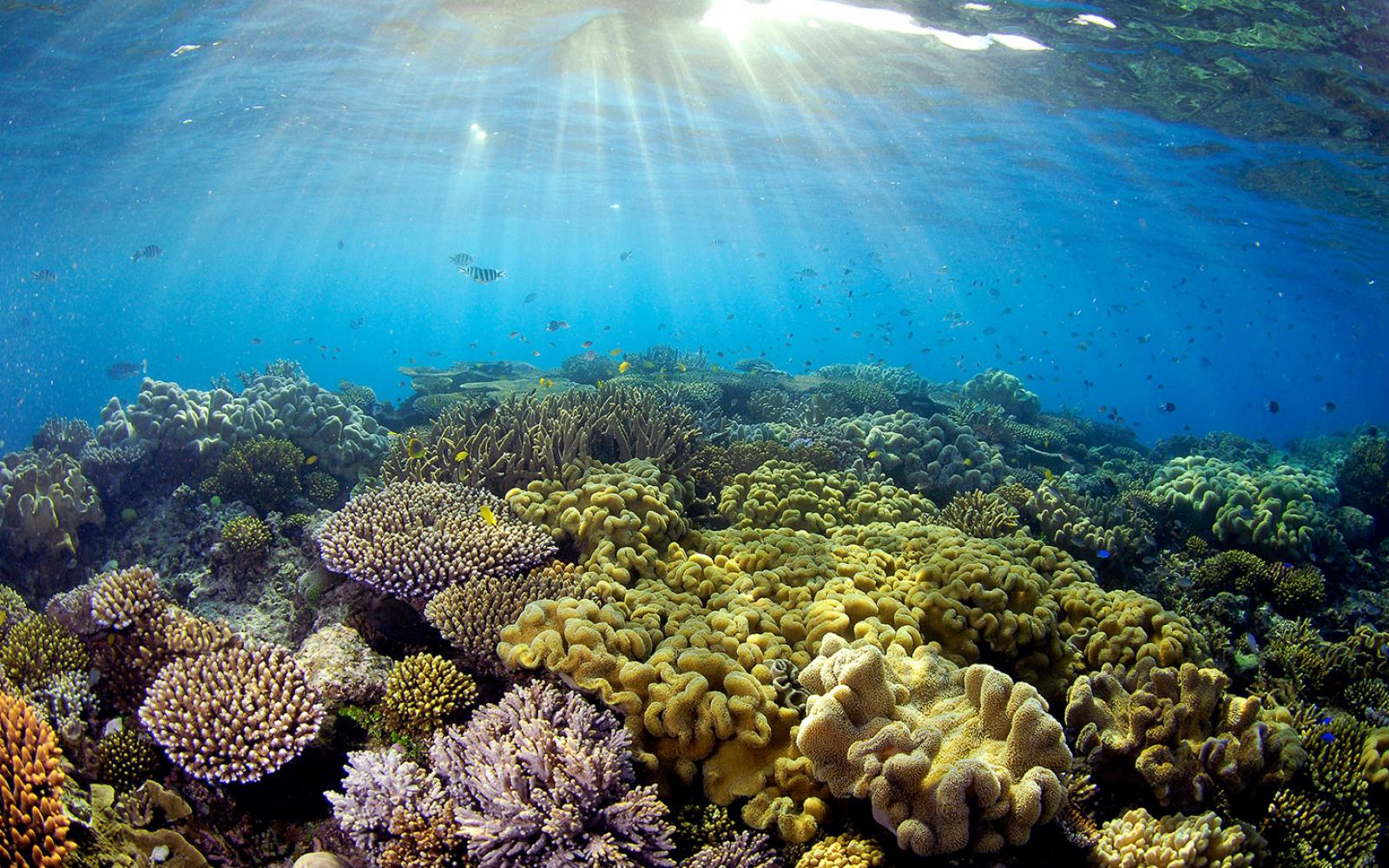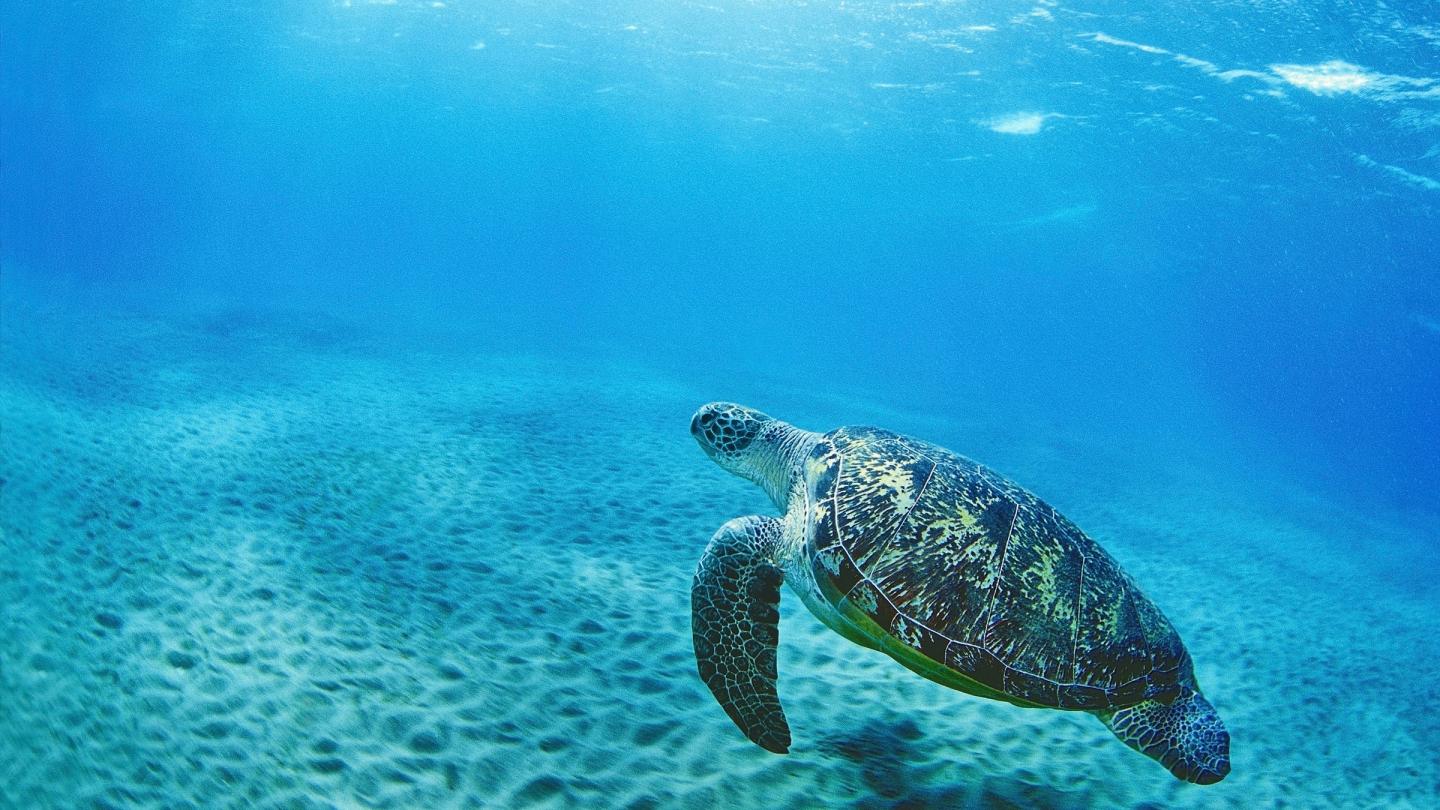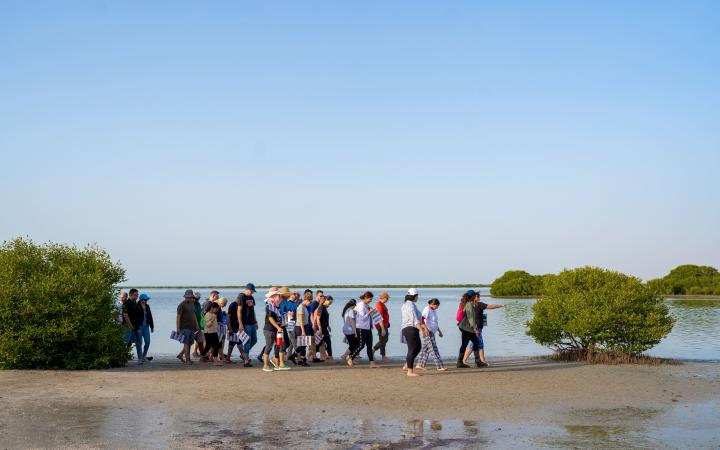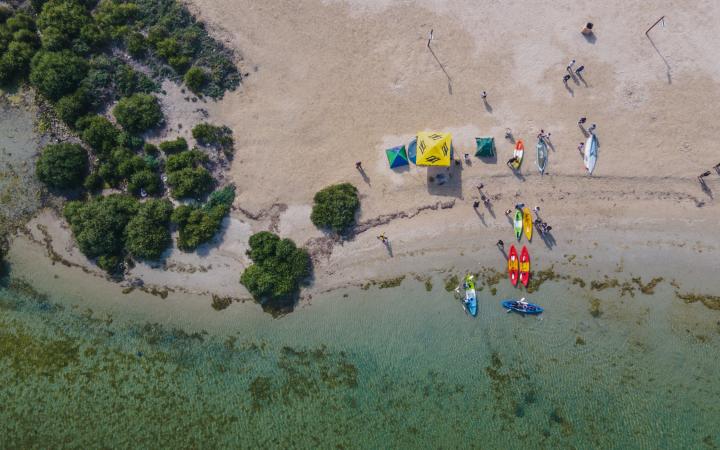
Sustainable Blue Economy
Why do marine ecosystems matter?
Water bodies shape the way we live, where we build our towns and cities, and how we earn our livelihoods.
Globally, goods and services from coastal and marine environments amount to about $2.5 trillion each year. In the UAE, marine environments have given rise to vital industries including ports and shipping, seawater desalination, coastal real estate, tourism and recreation, and fisheries.
But the health of our marine ecosystems is at risk. Biodiversity and fish populations are declining, habitats are being degraded or polluted, and water temperatures are rising.
A sustainable approach is critical to preserving the health of our blue marine-based economy.
PAVING THE WAY FOR A SUSTAINABLE BLUE ECONOMY IN UMM AL QUWAIN
During the World Government Summit in March 2022, the emirate of Umm Al Quwain (UAQ) officially launched its Sustainable Blue Economy (SBE) 2031 strategy, with an aim to:
- Triple the emirate’s GDP in partnership with the private sector
- Position the blue economy as a key pillar in the economy of UAQ while ensuring the protection of the marine environment
- Meet a net-zero emissions target by 2050 and protect at least 20% of the vital natural ecosystems of UAQ and manage them sustainably by 2030
Emirates Nature-WWF played a key role by providing recommendations towards UAQ's strategy and is now partnering with the UAQ government and the Ministry of Economy to support the strategy implementation. With support from HSBC and Accenture, we are identifying opportunities for sectoral development and provision of finance, by:
- Undertaking an analysis of relevant SBE sectors in UAQ and developing sectoral guidance for four sectors: tourism & recreation, real estate & infrastructure, food & emerging sectors and maritime transport
- Identifying engagement opportunities and modalities for UAE financial actors to support the development of SBE in UAQ as well as broadly in the country
Future-proofing the UAE’s blue economy
The UAE’s transition to a Sustainable Blue Economy will require new economic models that inspire innovation, foster corporate leadership and reward cross-sector collaboration.
Our conversations with corporate stakeholders highlight five drivers for success:
- Cross-sector dialogue and knowledge platforms can accelerate business awareness and investments
- Sector-specific insights can help decision-makers prioritize actions that support healthy oceans
- Corporate leadership, consumer demand and brand recognition can help drive corporate sustainability action
- Policy, regulation and monitoring are seen as effective tools that can ensure sustainable development
- Sustainable finance is uniquely placed to help industries integrate principles of the Sustainable Blue Economy
For a deeper understanding of the role of corporates in the transition to a Sustainable Blue Economy, read our full report.
The role of Emirates Nature-WWF
A prominent and active partner in environmental conservation in the MENA region for nearly two decades, Emirates Nature-WWF is in a unique position to support government and businesses with science-based recommendations in the transition to a Sustainable Blue Economy.
Our efforts:
- Raise awareness about the socio-economic benefits of resilient marine ecosystems
- Create space for government and business to work together on achieving a Sustainable Blue Economy
- Inform investment decisions based on scientific knowledge regarding the health of marine ecosystems






